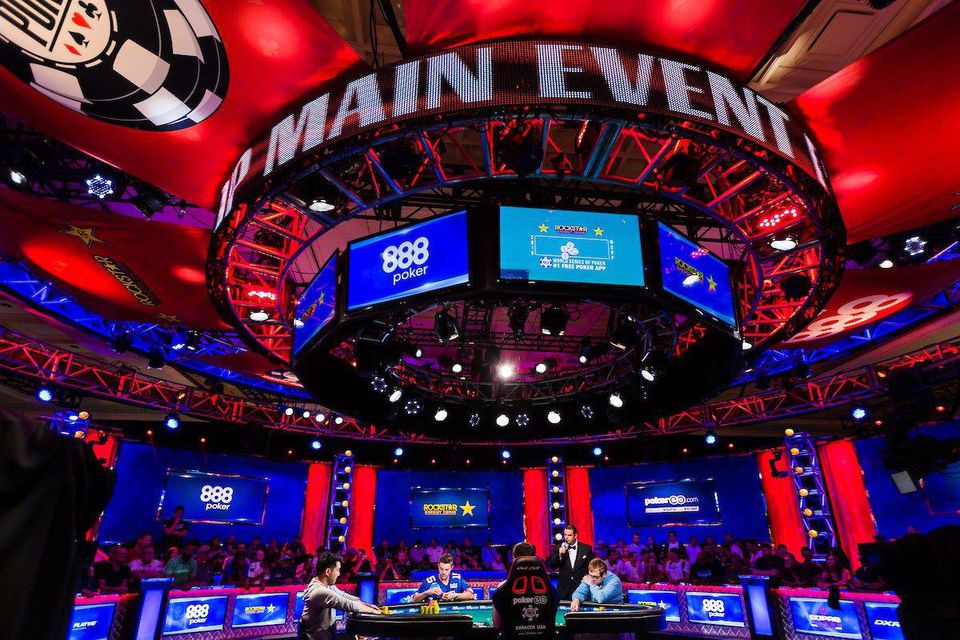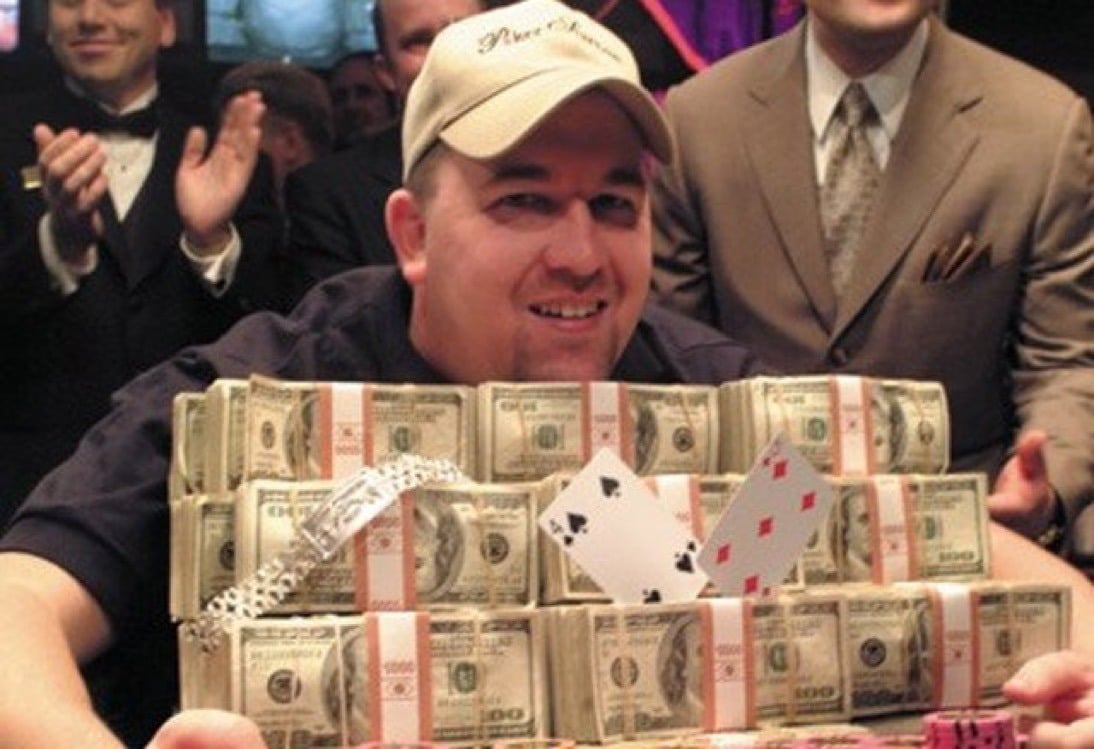WSOP Main Event: Assessing the Odds for Amateurs Versus Pros

The World Series of Poker (WSOP) Main Event, with its iconic $10,000 buy-in, is recognized as the ultimate battleground in live poker. Both hobbyists and seasoned professionals aspire to earn the title of world champion and claim the life-changing prize money attached to this coveted tournament. Yet, as the number of participants has soared since Chris Moneymaker’s breakthrough in 2003, the question arises: Given the complex mix of skill and luck, how do the chances of amateurs really compare to those of professional players?
The Unique Challenges and Advantages for Amateur WSOP Entrants
Amateur participants bring a mix of inexperience and freedom to the felt. Most are unaccustomed to large-field tournaments involving thousands of entrants, which can feel overwhelming and lead to mistakes under pressure. Their lack of in-depth poker theory and strategic foundation often results in decisions based more on intuition than on probability or position.
- Advantages:
- Less pressure due to lower expectations
- More focus on the enjoyment and experience
- Greater willingness to take risks after reaching the payout threshold
- Drawbacks:
- Limited experience in structured tournament play
- Shallower understanding of key concepts like hand ranges and table dynamics
For many recreational players, simply reaching the money is a landmark achievement, allowing them to play with a sense of freedom that most professionals cannot afford. Without the burden of maintaining a reputation or career, they may make unorthodox plays or riskier moves, especially when no one expects perfection.
 Image: Joe Giron/WSOP
Image: Joe Giron/WSOPProfessional Players: Strengths and Pitfalls in the Main Event
For seasoned professionals, the WSOP offers a target-rich environment filled with amateurs. Their expertise, discipline, and analytical abilities allow them to outmaneuver less experienced opponents and consistently make profitable choices.
- Strengths:
- Superior knowledge and extensive tournament experience
- Ability to exploit inexperienced opposition
- Long-term competitive edge due to skill
- Challenges:
- High personal and financial stakes
- Requirement to adapt strategies for unpredictable amateur play styles
Despite these advantages, professionals can be tripped up by the unpredictability of recreational players. Standard professional tactics-such as calculated bluffs and range-based decisions-may backfire if amateurs make surprising calls or disregard logical patterns. Adapting to unconventional styles is crucial: some renowned pros excel at reading the field, while others struggle against unfamiliar foes.
How Stack Building Strategies Differ Between Pros and Amateurs
Accumulating chips-and surviving deep into the event-is the main objective for both groups, but their methods diverge sharply as the tournament progresses.
- Professional Approach:
- Carefully select strong opportunities and minimize undue risk
- Leverage experience to exploit weak points and accrue incremental gains
- Amateur Approach:
- Sometimes adopt an aggressive or “all-or-nothing” play style
- May take large risks early to build a big stack, hoping for a lucky run
While professionals often build their stacks through persistence and small edges, a handful of aggressive amateurs will inevitably hit a streak of good fortune, amassing huge chip counts and giving themselves a shot at the final table. Once there, however, expertise and composure become even more crucial.
Short-Handed Play: The Decisive Phase at the WSOP Final Table
 Image: WSOP
Image: WSOPAs the table shrinks and the stakes skyrocket, professionals gain a notable advantage. The dynamics of short-handed poker differ significantly from a full table, and most amateurs lack experience in this format. They may fail to adjust their strategy, sticking to tactics that are easily exploited by seasoned pros with a deeper understanding of positional play and pressure points.
The psychological intensity also rises dramatically at this stage-pay jumps can reach seven figures, further testing the resolve of all remaining competitors. Professionals, accustomed to high-pressure environments, generally outperform less-experienced opponents when it matters most.
Track Record: Historical WSOP Outcomes for Amateurs and Pros
Looking at the history of the WSOP Main Event, both amateurs and professionals have had their time in the spotlight. Chris Moneymaker’s 2003 victory famously represented a turning point, sparking a global poker boom and proving that even a non-professional could conquer the world’s elite. Subsequent amateur wins by Jamie Gold in 2006 and Jerry Yang in 2007 reinforced this open-door potential.
 Image: Wikipedia
Image: WikipediaHowever, in more recent years, professional players have begun to dominate, with winners like Peter Eastgate, Joe Cada, Jonathan Duhamel, Martin Jacobson, Joe McKeehen, John Cynn, and Damian Salas all demonstrating consistent high-level play. Notable exceptions, such as Hossein Ensan’s 2019 win, prove that the door remains open to skilled amateurs, but the trend is clear: the majority of WSOP Main Event bracelets now go to those with professional credentials.
Why Pros Now Hold the Edge at the WSOP Main Event
Current evidence supports the idea that professional players stand a better chance of taking home the Main Event crown. Several factors contribute to this dominant position:
- The skill gap has widened with advances in poker theory and analytic tools such as solvers and training software.
- There are fewer true amateurs in the modern field-many hobbyists are far better prepared than in previous decades.
- Under high-pressure final-table circumstances, professionals’ experience and discipline become decisive.
That said, no tournament is ever without surprises, and the unpredictable nature of poker ensures there will always be opportunities for new amateur champions. A single fortunate sequence of hands or a bold strategic gamble can still produce a fairytale run to the title.
Ultimately, while skill gives professionals an upper hand, the allure of the WSOP Main Event lies in its blend of expertise and possibility-where anyone, with the right mix of talent and luck, can carve their name into poker history.













